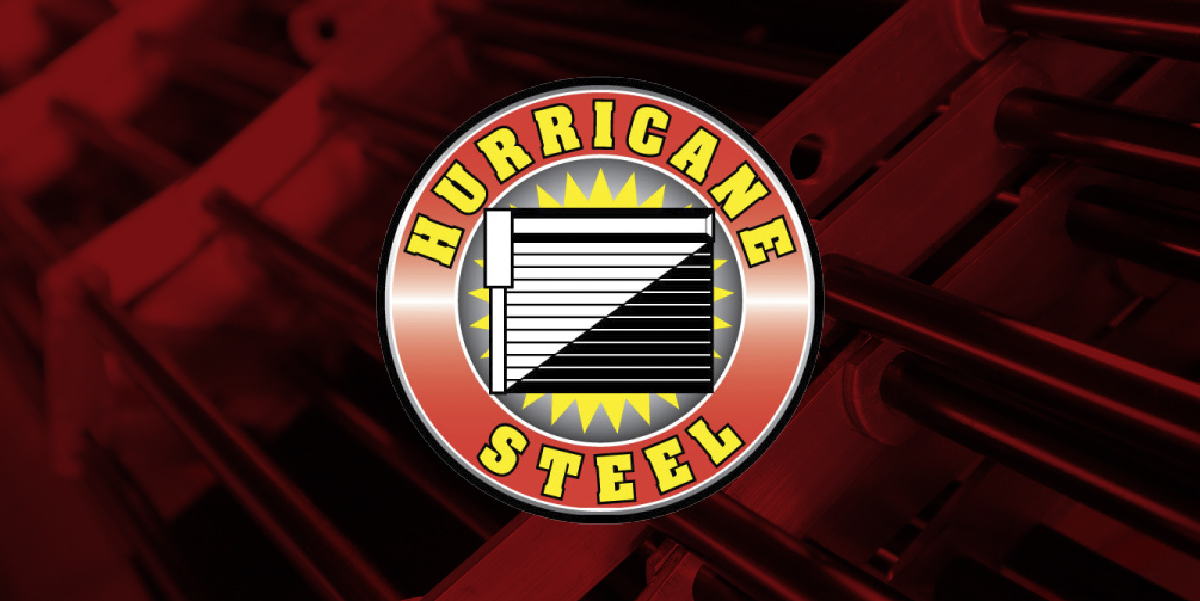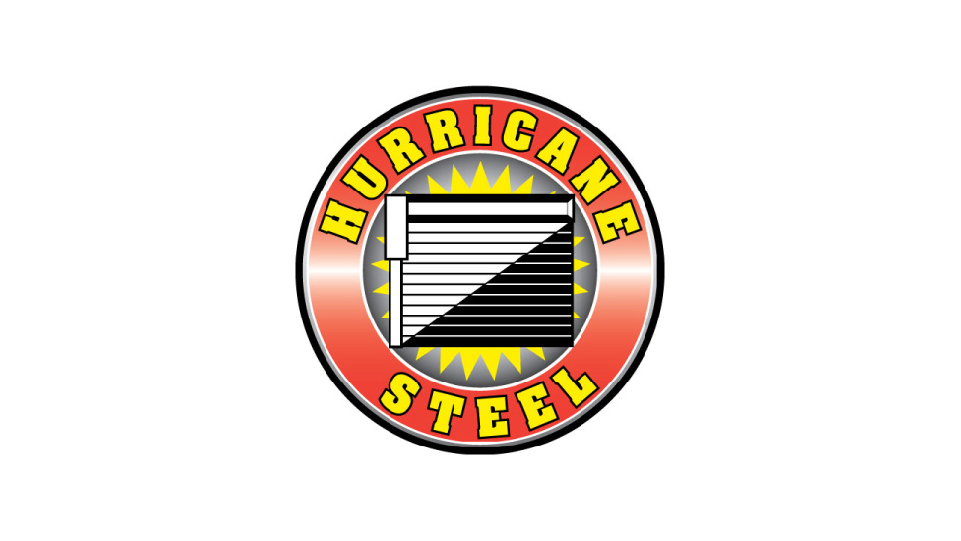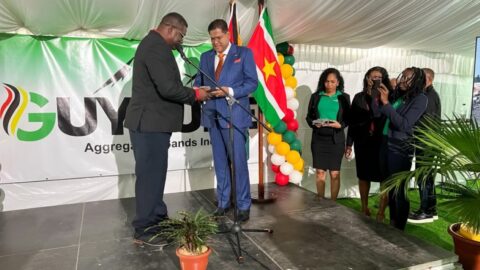Suriname’s Carbon Credit Journey: Opportunities and Challenges
Navigating the Carbon Credit Market in Suriname
“We don’t necessarily want to be the first country to sell its carbon credits, but it does raise our profile,” says Minister Albert Ramdin of Foreign Affairs, International Business, and International Cooperation (Bibis). “It will draw attention to the country, and as a result, we can also shape the market in terms of regulations and procedures.”
Ramdin responded to statements made by Kevin Conrad, Executive Director of the Coalition of Rainforest Nations (CfRN), in an interview with Starnieuws. Conrad is advising Suriname, a CfRN member, on the sale of its carbon credits. “We are optimistic that resources can become available in the short term,” the minister added.
“We are heading towards COP28 (the climate conference starting on November 30th in Dubai, United Arab Emirates…red), so everyone is in a rush to buy carbon credits. For us, this is good news because market demand and supply will determine the price,” he said. “Previously, there was talk of $10 per ton (1 ton of CO2 is equivalent to 1 carbon credit)…I believe there might be more to gain, but it all needs to be examined.”
Ramdin sees it as a doubly opportune moment for Suriname. First, there was the announcement of future commercial oil and gas development in Block 58 off the Surinamese coast, and now Suriname’s carbon credits have been officially registered as tradable credits by the United Nations Framework Convention on Climate Change (UNFCCC).
Developing carbon credits is a complex process, and making them tradable requires a significant amount of reporting and technical expertise, according to the minister. Not all procedures and standards for the carbon credits market are well-established. Article 6 of the Paris Agreement includes various options for climate financing modalities. The new Article 6 Rulebook (in effect since 2021) provides guidelines for parties under what conditions and in what ways various forms of climate financing can be established.
It has been officially established and verified that Suriname is a “carbon-negative” country. “We can, among other things, absorb more greenhouse gases than we generate as a nation, thanks to our high forest coverage.”
Although much is still in the early stages, Suriname has set some principles for itself. “We want to remain carbon-negative, and we also want the best deal available for Suriname at this moment,” Ramdin points out. He emphasizes that it’s essential to understand that this is a market, a carbon credit market where agreements you make will always be subject to change. “You can make the best deal available at the moment, and as the market develops, you can make better deals.”
This market is rapidly evolving, offering various opportunities for Suriname, all of which are currently being assessed, says the minister. “There are still many steps and processes, both internationally and nationally, that need to be worked out and implemented before we can engage in any transactions. Work is being done diligently on that front.”
For now, Ramdin underscores the importance that “we realize we have a valuable asset in the world with our forests and biodiversity. We must collectively do everything to preserve and, where necessary, enhance and restore it.”
Date: 16 september 2023
Advertentie
Wilt u uw merk hier tonen?
Maak contact en ontdek de advertentiemogelijkheden!
Wilt u uw merk hier tonen?
Maak contact en ontdek de advertentiemogelijkheden!
– DISCLAIMER –
LocalContentSuriname.com is een portaal waar ondernemers, bedrijven en stichtingen zich willen presenteren. Deze website is niet verantwoordelijk voor de inhoud die op deze pagina getoond wordt. Alle informatie die op deze pagina wordt verstrekt, moet onafhankelijk worden geverifieerd. Er worden geen garanties of verklaringen gegeven voor de juistheid van de informatie. Ga naar veelgestelde vragen voor meer informatie.












